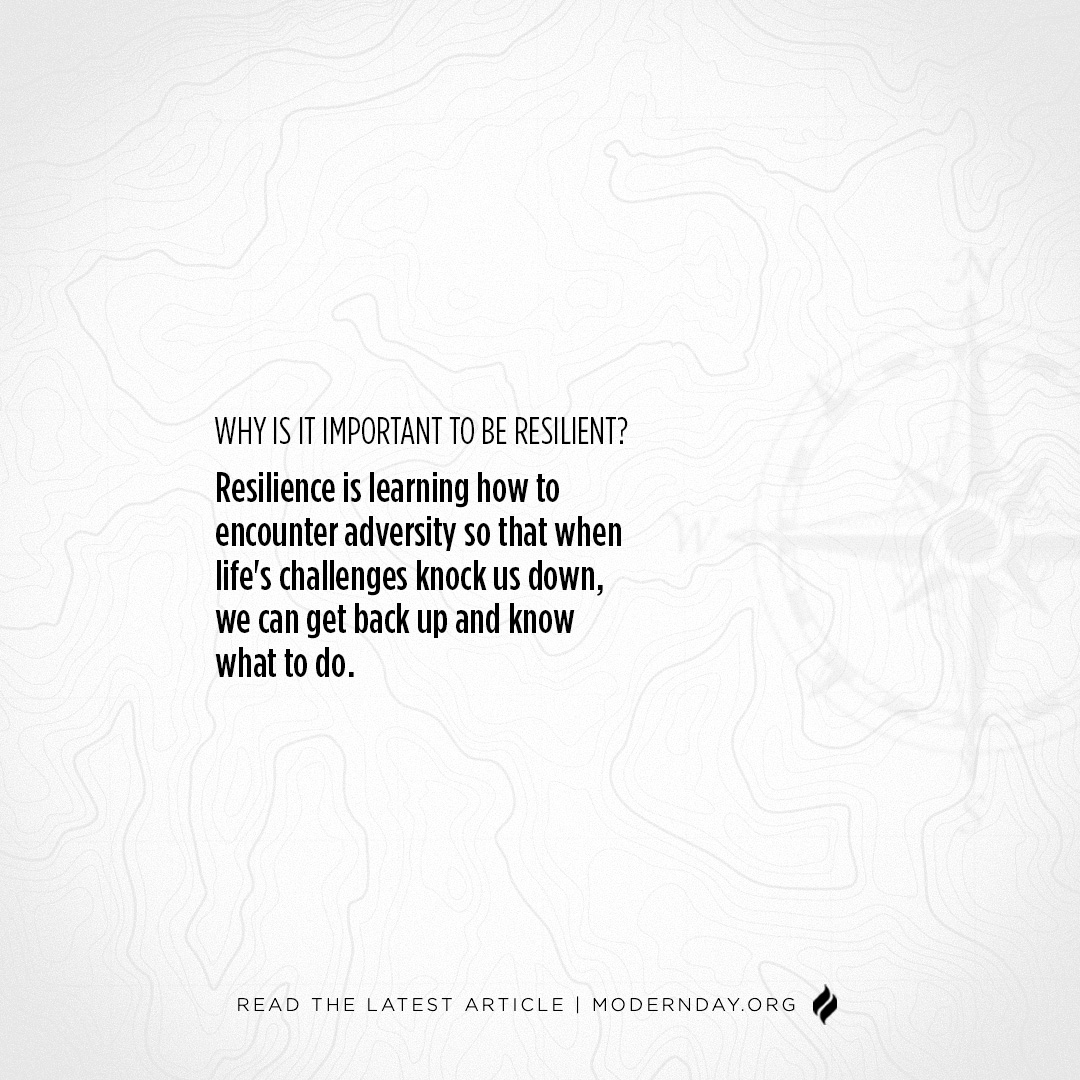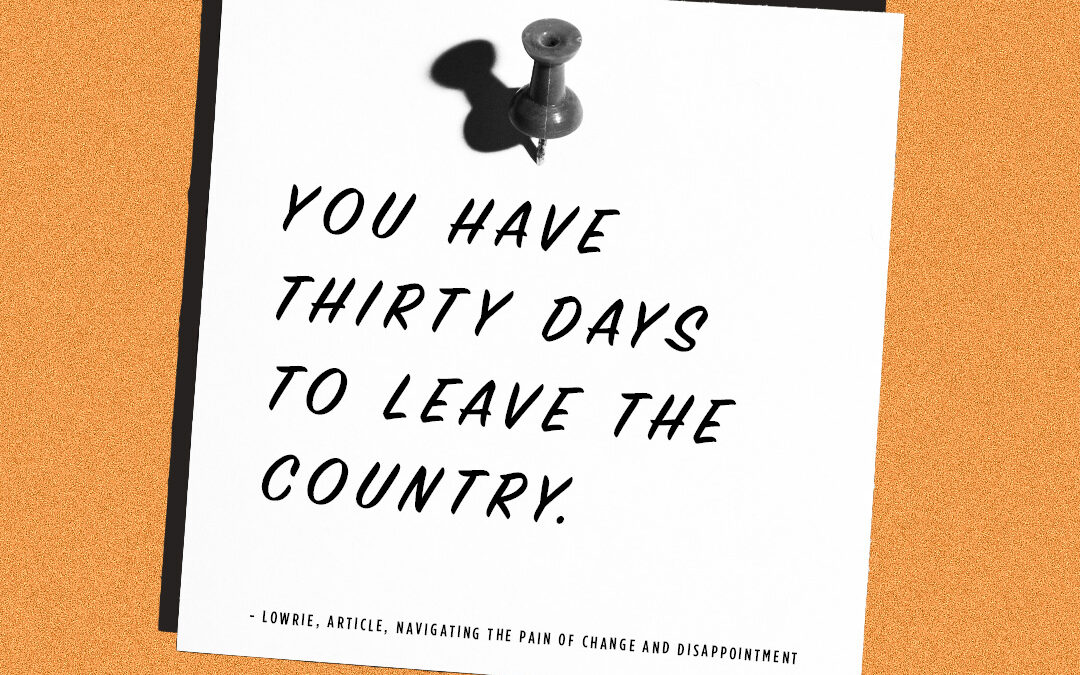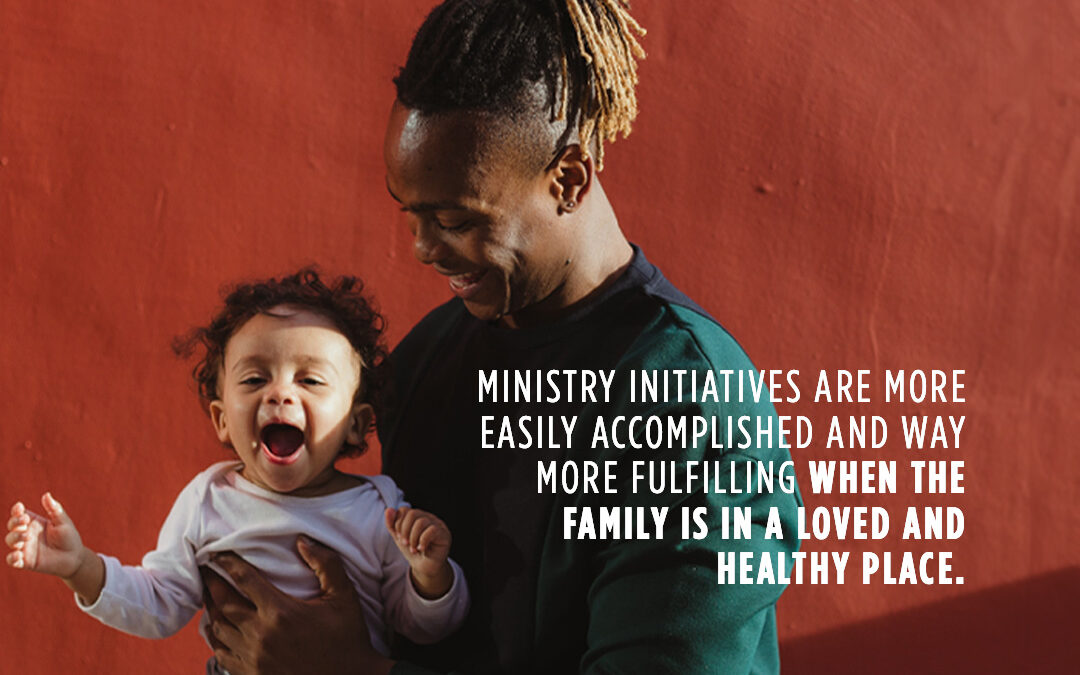The book goes on to detail Shiro Kano’s life, how his community initially rejected him for turning to what was viewed as a foreign religion until they saw how his heart had changed. He went on to study in Tokyo and then enter the military, where he was persecuted for his faith and for not worshiping the emperor. Afterwards he studied abroad in America and grew in his faith, until the US entered World War II. When that happened, Japanese began to be mistreated and put into prison camps in America. Shiro Kano’s community was actually very supportive and protective of Shiro Kano until it was no longer safe for him to be in America. He was then repatriated to Japan, where he hoped to work as a Christian minister. However, at that time Christianity was fairly restricted in its practice by the government, which made it difficult for Kano. Torn between his faith, his love for his home country, and his respect for the country he studied abroad in, he joined the military as an interpreter, and died in the war.
Persecuted for being Christian in Japan, but persecuted for being Japanese in America. I find his story peculiar, but also probably quite representative of a choice that many Japanese in the past who have been forced to make a decision between their Christian faith and their home country. As Kano’s Buddhist mother said to him, “You have chosen a hard life as a preacher of the gospel [in Japan]. But do not give up your faith until your death.” (Shiro Kano p. 96) On the surface, I can understand the conflict. Japan required loyalty to the emperor, and Christianity, a religion which in the past has been practiced more by Americans and Europeans, required loyalty to Jesus. But I think the puzzle is a little more complex than that, a little more nuanced. Simply stopping at the surface doesn’t provide a solution or possibility of resolution. It doesn’t match what I believe to be true, that the core of Christianity is indeed actually fundamentally compatible with the core of Japaneseness. Japanese should not have to choose between being Christian and being Japanese. Why can’t they go together? Who said that they couldn’t?
Perhaps things have eased up since that time. There is freedom of religion in Japan now. And yet, I sense it every day that I’m in Japan, that so many Japanese have a sense that Christianity is not for them, not their cup of tea. And I’m convinced that the reasons why are a little more complex than simply that it came from the West, as many things that have come from the West are popular in Japan, like hamburgers, rock music, and baseball. I want to push past the surface and figure this out: Why do Japanese feel like they have to choose between these two? They shouldn’t have to.
To learn more about Stephen and his ministry, click here.
By: Stephen Falke







